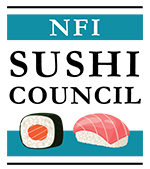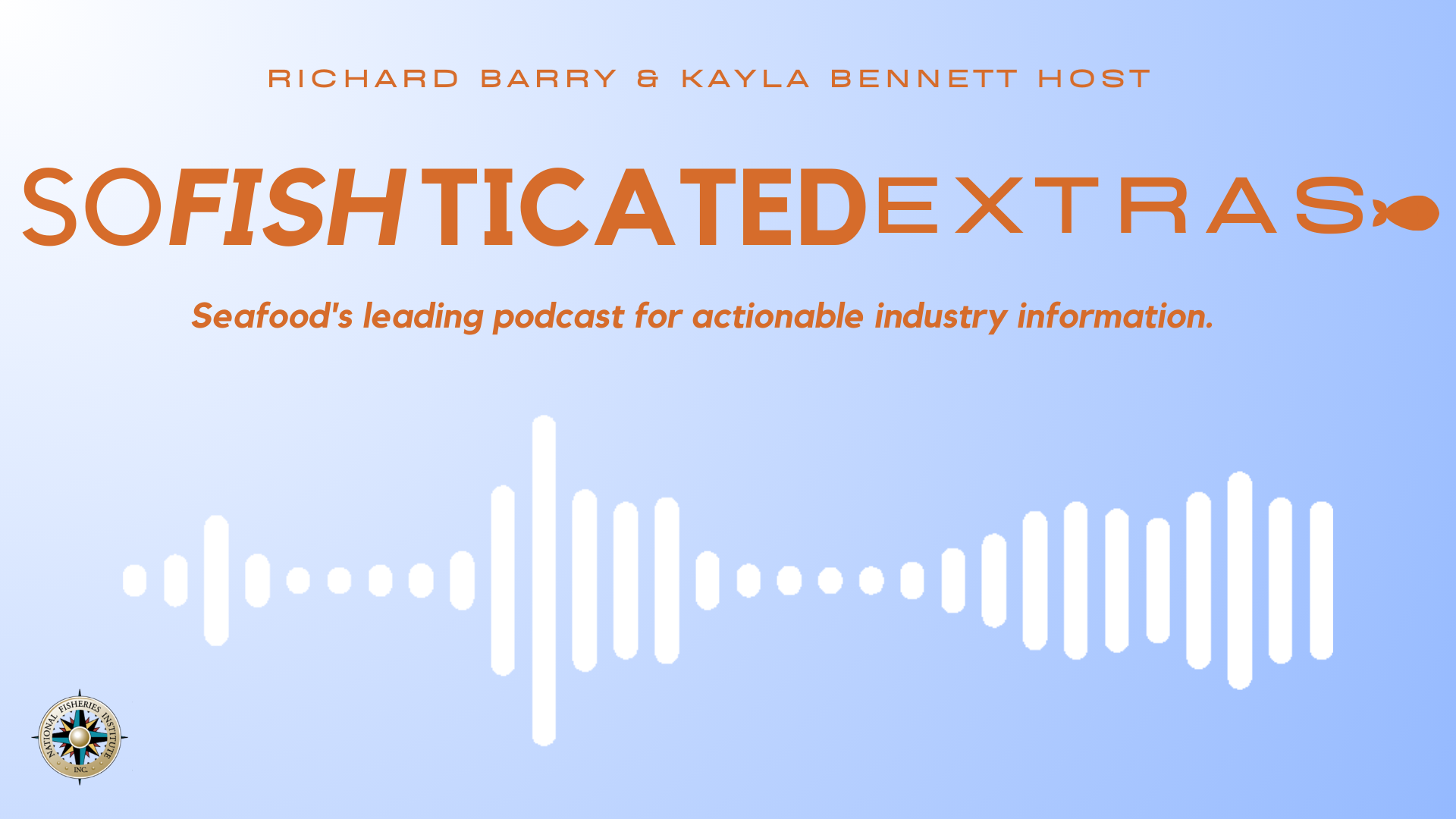What The New York Times Knew And When They Knew It
In her article, Sorting Out the Risks of Fish, Roni Rabin does some sorting out alright sorting out of the vast majority of seafood science including several studies provided to her in advance of her story. She cites and misrepresents in part three studies, while ignoring larger, more recent science to support her claim that new studies [suggest] that mercury may cause subtle adverse effects at levels lower than those now considered safe by the Environmental Protection Agency, even as they reaffirm the cognitive benefits to children whose mothers ate fish while pregnant. Lets take a closer look at Ms. Rabins scientific review.
Study 1:
Maternal Fish Consumption, Hair Mercury, and Infant Cognition in a U.S. Cohort (2005)
This study followed 135 pairs of mothers and infants to determine if a moms fish intake during pregnancy was associated with her babys brain development test score at six months old. Rabin gets it right that the babies scores increased four points for each additional weekly serving of fish the mother ate during pregnancy. The babies who scored the highest were those whose mothers were among the top fish and seafood consumers, but who also had lower mercury levels. But whats left out is that even mothers who ate fish and had higher mercury levels had babies who scored higher on tests than mothers who didnt eat enough fish.
Rabin acknowledges that this study only had 135 mother/child pairs, but chose to ignore two landmark studies that looked at the same general outcomes baby brain development but are newer and dramatically larger.
In a study published in 2008, researchers followed over 25,000 Danish mother/child pairs to find out how eating fish during pregnancy effects child development. Compared with women who ate the least fish, women who ate the most fish (2 ounces per day on average) had children 25% more likely to have higher developmental scores at 6 months and almost 30% more likely to have higher scores at 18 months.
In a study published in 2007, researchers followed nearly 12,000 mother/child pairs to see how diet and lifestyle are linked to health and growth during pregnancy. Mothers who ate the most seafood during pregnancy — more than 12 ounces per week — had children with the best motor, social, and communication skills. Researchers concluded advice that limits the amount of seafood moms eat during pregnancy could be detrimental to the best possible development among babies.
Why are these study summaries in quotes? Because they were sent by us to Rabin prior to publication of her article. But no, two studies of tens of thousands of participants didnt make the story. Instead, Rabin references another one-off study of less than 1,000 participants. Lets take a closer look at that one.
Study 2:
Prenatal Exposure to Mercury and Fish Consumption During Pregnancy and Attention-Deficit/Hyperactivity DisorderRelated Behavior in Children (2012)
Again, Rabin gets it right that pregnant women who eat seafood more than twice per week, including traces of mercury, may lower their childrens risk for ADHD-like behaviors. While the study found that exposure to certain levels of prenatal mercury may be associated with higher risk of ADHD-like behaviors, eating fish can protect against this risk. Important detail when were talking about what advice about eating fish we should give pregnant women.
Oh, and speaking of advice about eating fish for pregnant women, a couple pretty well-regarded groups have recently done just that. Again, we provided these recommendations to Ms. Rabin, and again, she chose to ignore them. Mind you, these both came out within the last five years and are based on a combined review of 140 studies and articles.
The U.S. Dietary Guidelines are pretty clear about the effect of seafood, the benefits of consuming seafood far outweigh the risks, even for pregnant women.
This report World Health Organization and Food and Agriculture Organization of the United Nations Joint Expert Consultation on the Risks and Benefits of Fish Consumption, September 2011 was written by a panel of 17 nutrition experts, physicians, and toxicologists who reviewed nearly 150 studies and articles and concluded that medical and nutrition gatekeepers should Emphasize the benefits of fish consumption on reducing mortality from coronary heart disease (and the risks of mortality from coronary heart disease associated with not eating fish) for the general adult population. Whats more they recommend experts, emphasize the net neurodevelopmental benefits to offspring of women of childbearing age who consume fish, particularly pregnant women and nursing mothers, and the neurodevelopmental risks to offspring of women of childbearing age who do not consume fish.
For both populations the WHO is clearly saying the danger lies in not eating fish. They are not recommending additional warnings, only warning against the detrimental effects of not eating fish.
And then theres the most unexpected study of all for the purposes of discussion about seafood advice for pregnant women.
Study 3:
Effect of Mercury Levels and Seafood Intake on Cognitive Function in Middle-aged Adults (June 2012)
This study of less than 400 adults looked at the relationship between seafood consumption and cognitive function. Adults who follow the recommendation to eat a variety of seafood twice a week had the highest cognitive function.
If Ms. Rabin wanted to talk about the effects of eating fish on adult brain health, specifically the adults targeted by FDA seafood advice, perhaps this large-scale study may have been of interest.
Depression during pregnancy is more common than post-partum depression and can negatively affect both moms and babies. Preventing depression during pregnancy is important because antidepressant use in pregnancy may not be advised. Researchers studied over 14,000 women 32 weeks in to their pregnancy to determine if low seafood intake increases depression risk. Results show pregnant mothers who ate no seafood were about 50 percent more likely to have symptoms of depression than pregnant mothers who ate the most seafood (at least three servings of fish a week). Researchers concluded the U.S. FDA/EPA advice to eat no more than 2-3 servings of fish per week during pregnancy could increase the risk of poor mental well-being among pregnant mothers.
Omitting important studies and recommendations is irresponsible; getting the audience for the current advice wrong is unacceptable. Ms. Rabin asks broadly, So, whats a health-conscious fish eater to do? and then provides the FDA guidance for the specific population of pregnant and breastfeeding women and young children. When the general population thinks they need to follow advice about seafood for pregnant women its called spillover and its not good. We told Ms. Rabin about this and how experts with the Institute of Medicine try to avoid it by carefully testing messages.
There is suggestive evidence that risk-avoidance advice for sensitive subpopulations may be construed by other groups or the general population as appropriate precautionary action for themselves. While emphasizing trade-offs may reduce the risk of spillover effects, consumer testing of messages should address the potential for spillover effects explicitly.
Heres a little message-crafting 101; identify the sub-population for whom advice is meant and stick to it.


